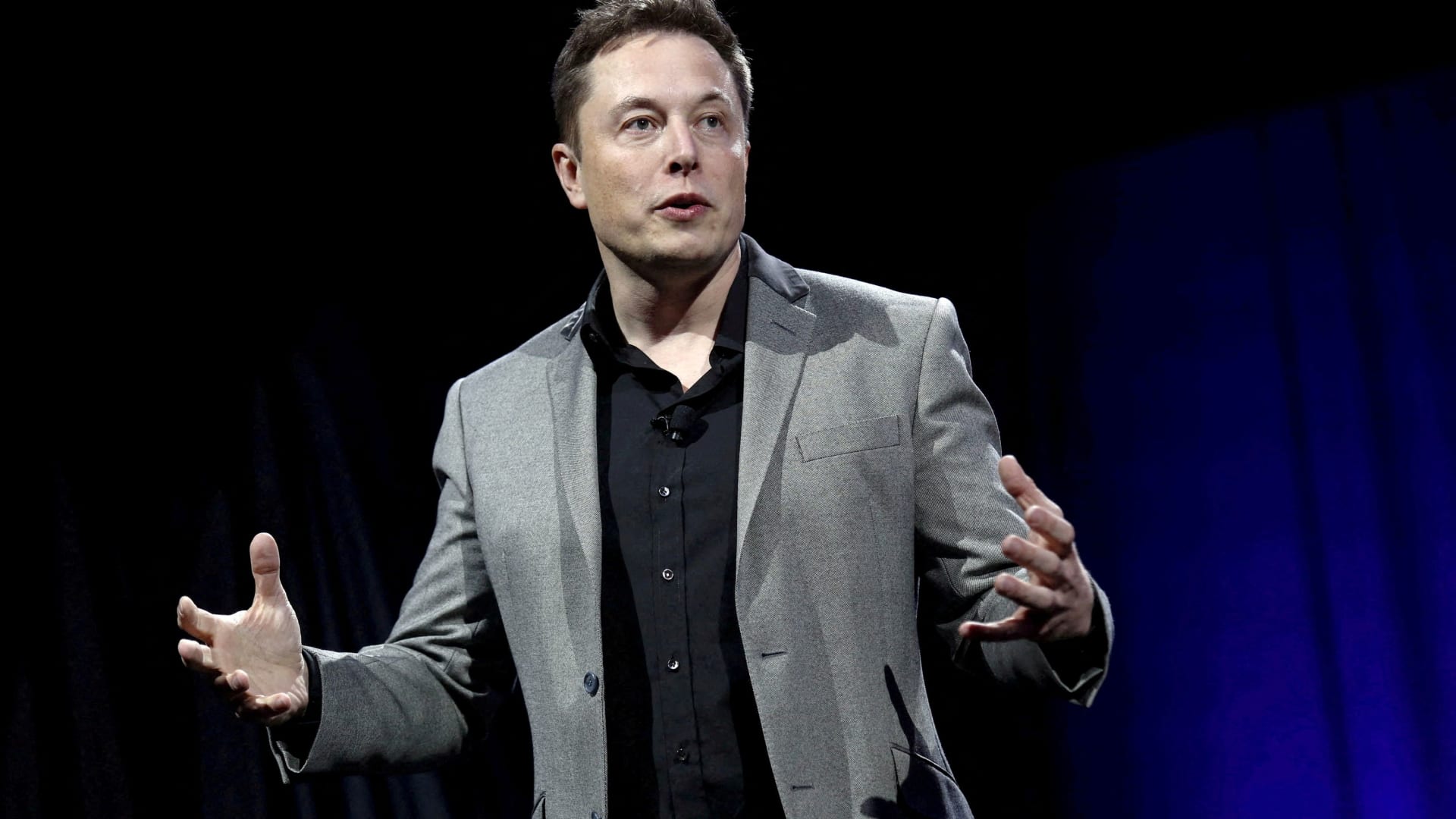Twitter Musk drama escalates in court cases alleging bad behavior
The Twitter-Elon Musk saga continued this week as the two parties traded legal barbs ahead of a five-day trial scheduled to begin Oct. 17.
Newly released legal documents from attorneys representing Musk in a countersuit against Twitter allege the social media company is involved in a plan to “mislead investors” by using false numbers in financial filings with the Securities and Exchange commission states. Musk accuses Twitter’s platform of having at least twice as many bots as the company claims in the SEC filings and fewer “monetizable daily active users” than it claims.
Twitter responded that the billionaire CEO of Tesla and SpaceX was making false assumptions and was looking for an excuse to back out of his $44 billion deal in April to buy the social network.
Both sides are building their cases ahead of the Delaware court date to settle the dispute over whether Musk needs to go through with the deal.
The drama began in early April when Musk disclosed a significant stake in Twitter. After initially agreeing to join Twitter’s board of directors, he reversed course and instead offered to buy the company or sell his holdings.
Twitter was initially opposed to the deal and sought another route, but eventually agreed to sell to Musk for around $54.20 per share. But then, as the market plummeted and Twitter’s share price fell, Musk began publicly belittling Twitter to get out of the deal.
Here is an overview of the latest developments based on new and some previously confidential filings by both parties with the court:
Numbers “far from the truth”
In a lawsuit, Musk accused Twitter of including statements in its SEC filings that were “far from true.” Speaking through his business law firm Skadden-Arps, Musk said the social media company “miscounts the number of fake and spam accounts on its platform” to give investors a rosy picture.
Musk has complained about scams, spam, and bots on Twitter for years.
In a press release announcing his agreement to buy Twitter, Musk wrote that “defeating spam bots” was one of his goals and motivations for acquiring the company.
Twitter responded in a separate filing in the Delaware court this week that Musk and his team “spent months trying to invent a spam disclosure problem and found nothing.”
Poorly defined metrics
Musk’s attorneys also said in their countersuit that Twitter’s “monetizable daily active users,” or mDAU, “are not as closely tied to revenue as Twitter has led the public to believe.” They claim that Twitter doesn’t explain to shareholders or Musk exactly how they derive the key metric from mDAU.
In response, Twitter said that Musk never raised concerns about mDAU as a reason for ending the deal.
Musk’s claims of misleading mDAU statistics “are a reinvented position in a litigation,” Twitter’s attorneys wrote. Additionally, Twitter said that it “discloses exactly in its SEC filings” how it defines the mDAU metric and what it means to the company.
reliance on documents
Musk said in his countersuit that he relied on Twitter’s SEC filings for details about the social network’s business and challenges.
What Musk doesn’t say is that he’s been friends with former Twitter CEO Jack Dorsey for years. As CNBC reported in January 2020, the two executives even exchanged ideas on how to improve Twitter.
Musk also has a long-standing business relationship with Silver Lake, a financial firm partially run by Twitter board member Egon Durban. Silver Lake was a big and early supporter of SolarCity, where Musk served as chairman, and was reportedly one of the firms advising Musk when he said he was considering privatizing Tesla at $420 a share and had “the… Funding secured”.
Twitter reiterated in its filings that the company’s “SEC disclosures are accurate” and that the company “did not misrepresent anything.” Twitter said Musk’s claims were “not supported by any facts.”
“Musk sought an urgent deal, did no due diligence, and offered a self-proclaimed ‘seller-friendly’ merger agreement that included no assurances about fake or spam accounts or mDAU,” the Twitter attorneys wrote.
‘stone walls’
Musk said Twitter rebuffed his team for failing to share requested and necessary information about bots and spam on the platform. The complaint doesn’t mention that Musk said he might launch a competing social media platform.
Twitter attorneys alleged that “Musk fabricates allegations that Twitter never made, and then seeks to selectively use the extensive confidential data Twitter provided him to induce violation of those alleged allegations.”
The attorneys said that Musk “incoherently alleges” that Twitter “violated the merger agreement by blocking its requests for information.”
Double the bots
In accusing Twitter of having at least twice as many bots on its platform as the company disclosed, Musk’s team relied on “accounts viewable on Firehose using the University of Indiana Botometer tool,” the statement said counterclaim.
Twitter questioned Musk’s methods of analyzing spam and bots, particularly his use of the Botometer tool. The attorneys wrote that the tool “applies different standards than Twitter, and earlier this year Musk himself identified as most likely a bot.”
CLOCK: The Twitter legal team has subpoenaed Elon Musk employees in connection with the deal’s dissolution


Comments are closed.